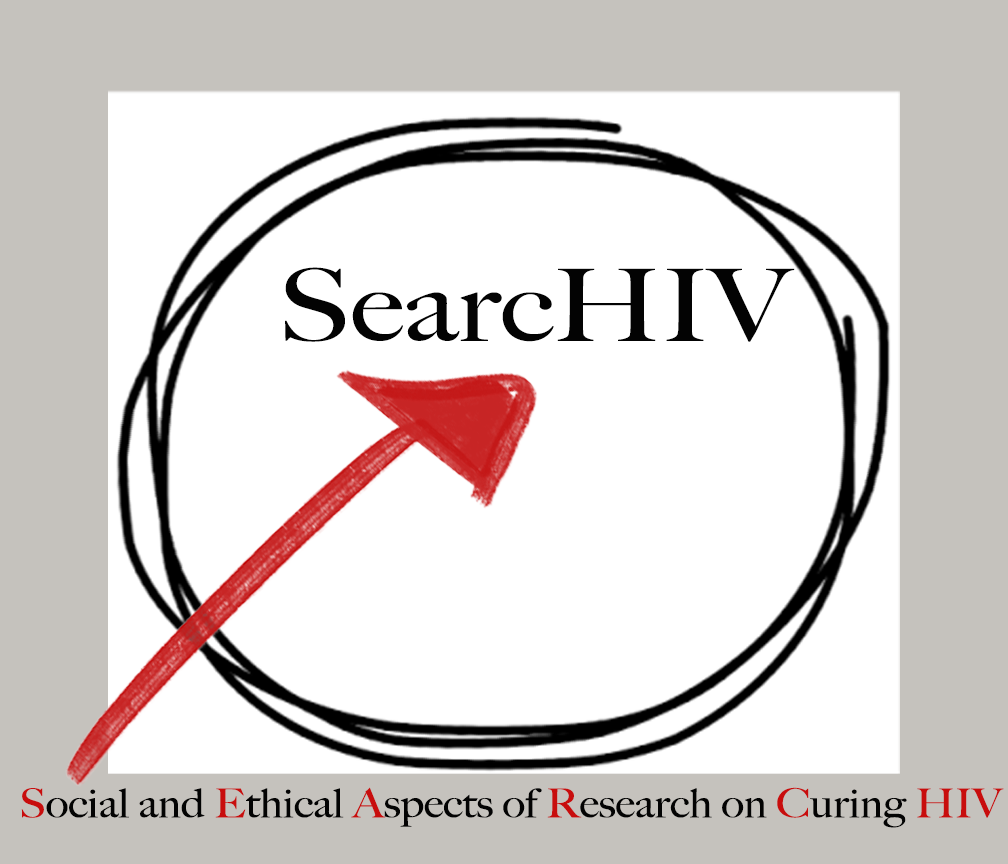by Jennifer Power, Research Fellow at the Australian Research Centre in Sex, Health and Society, La Trobe University
Earlier this year, a UK-based survey of close to 1000 people living with HIV indicated that many respondents would be willing to take part in clinical studies towards an HIV cure, even if this involved antiretroviral treatment interruption. Respondents were also overwhelmingly clear that they understood involvement in a trial would offer no therapeutic benefit to them personally. These findings echo similar conclusions from US-based research, which showed a desire to help others – simple altruism – is often a primary factor motivating people’s willingness to participate in HIV cure trials.
For some people, this is about making greater meaning out of their own experience with HIV by contributing to scientific knowledge and improving options for future generations.
Many clinical trials of new medicines or therapeutic interventions require altruistic participation of people who will not benefit personally from the study. However, ethical concerns about the reliance on altruism for clinical research are often complex and contested.
On one hand, altruistic participation is desirable. People who have no medical or social need to participate in a trial are generally less vulnerable than those who participate for therapeutic reasons – such as to obtain access to a drug or treatment regime that would otherwise be unavailable to them.
On the other hand, altruistic participation infers that the trial offers little therapeutic benefit and may not be in a participant’s best medical interests. In this case, researchers have an ethical responsibility to probe further into the reasons why people choose to enroll in a trial.
Studies on altruism suggest it’s rare for people to opt in to a clinical trial for altruistic reasons alone. Often co-existing personal factors motivate their interest, such as having a friend or family member affected by the illness being studied.
This is where it becomes more complex for HIV cure studies. The very possibility of an HIV cure is inevitably personal for someone living with HIV. It is not difficult to imagine that a person volunteering to participate in an HIV cure study might be motivated by a mix of altruism and a sense of hope that a cure might become available for them. This does not mean that this person is incapable of rationally comprehending the risks and benefits involved in a trial – or that being overly optimistic about where a study will lead is a reason to exclude someone.
Ethically, the process of ensuring informed consent of trial participants involves pre-empting possible areas of vulnerability. In some cases, optimism and hope for a cure may lead someone to underestimate their personal risk. This is something clinical researchers need to be cognisant of. Researchers also need to consider the cultural context, including the role that media reporting on HIV cure research plays in engendering a realistic (or unrealistic) sense of optimism among communities affected by HIV.
It is likely that HIV cure research will continue gaining momentum in coming years. This is clearly not research that exists only in a lab, so it is important that people living with HIV, community advocates, and social researchers work closely with the scientific community to better understand the social and ethical implications of this new phase of cure research.
With this in mind, researchers at the Australian Research Centre in Sex, Health and Society, at La Trobe University, in partnership with a team of international researchers, have initiated a project on the social and ethical consequences of HIV Cure research. This project has begun with pilot funding which will be used to conduct interviews with key stakeholders in Australia (people living with HIV, community advocates, researchers and clinicians) on their perspectives on HIV cure research, with a particular focus on community responses to recent public and media focus on HIV cure. The project will also involve a media content analysis to explore how mainstream and social media have presented advances in HIV cure research, and public responses to this.
For more information about this project, please contact Jennifer Power via email to jennifer.power@latrobe.edu.au
A version of this post has been published previously on The Conversation website.

